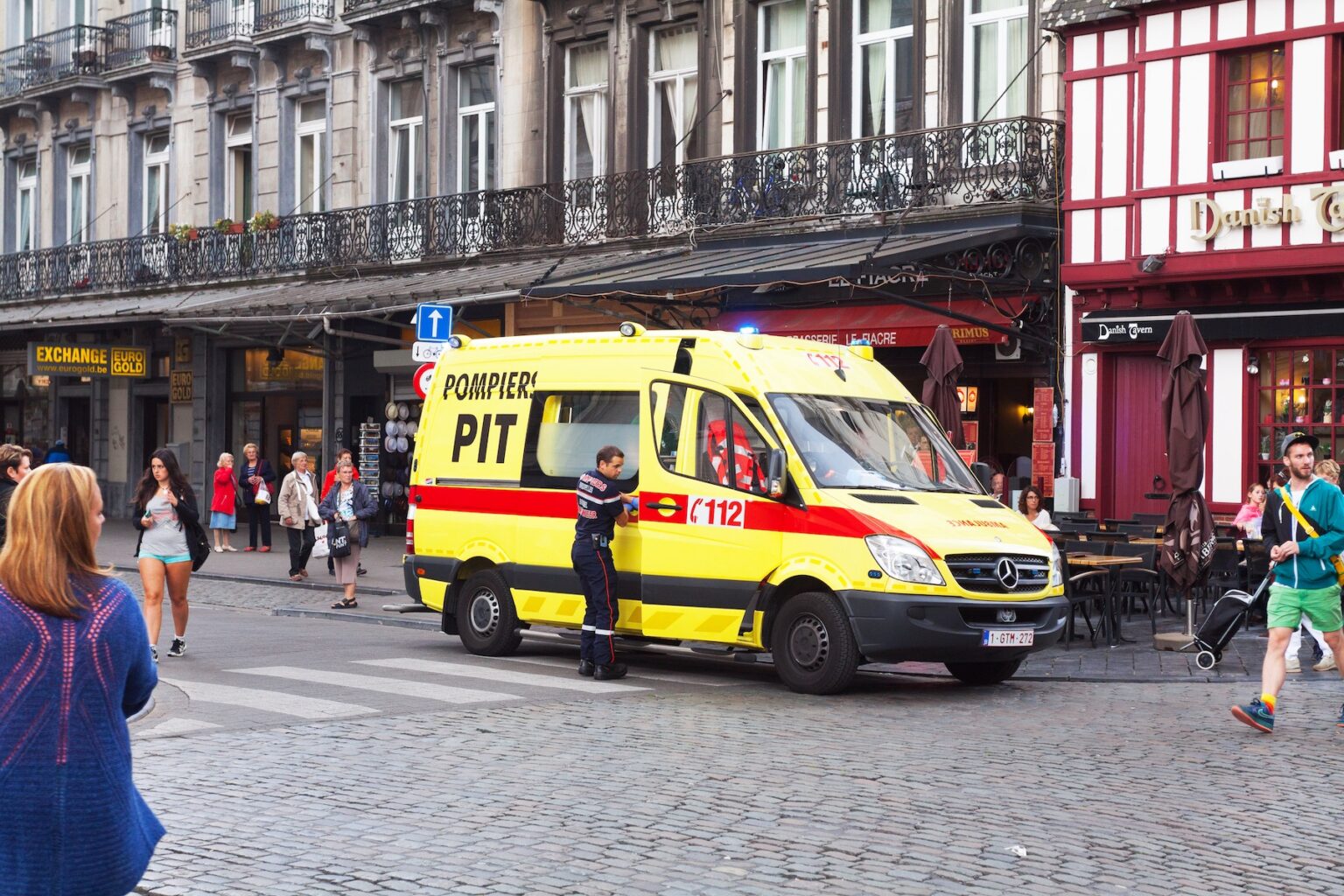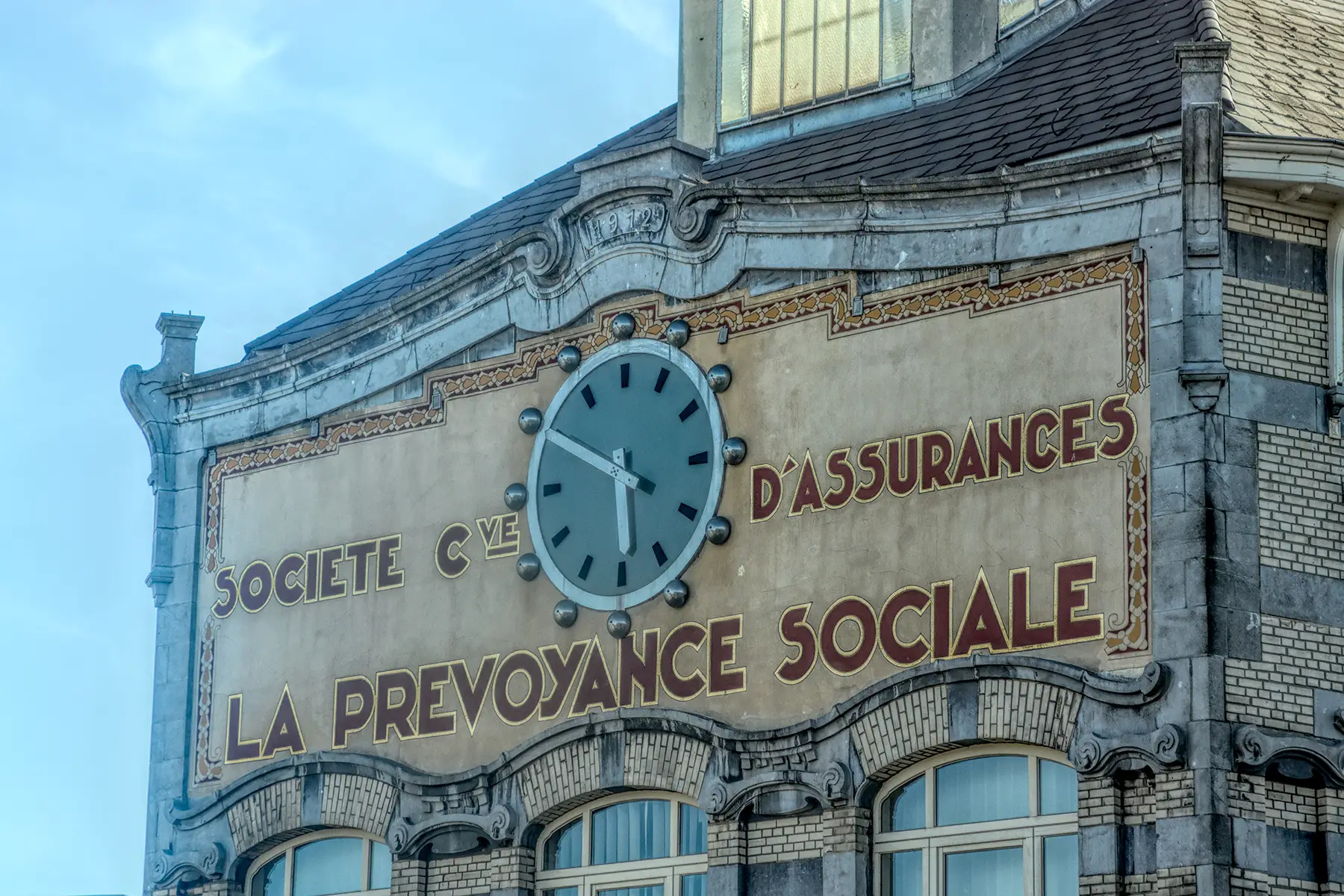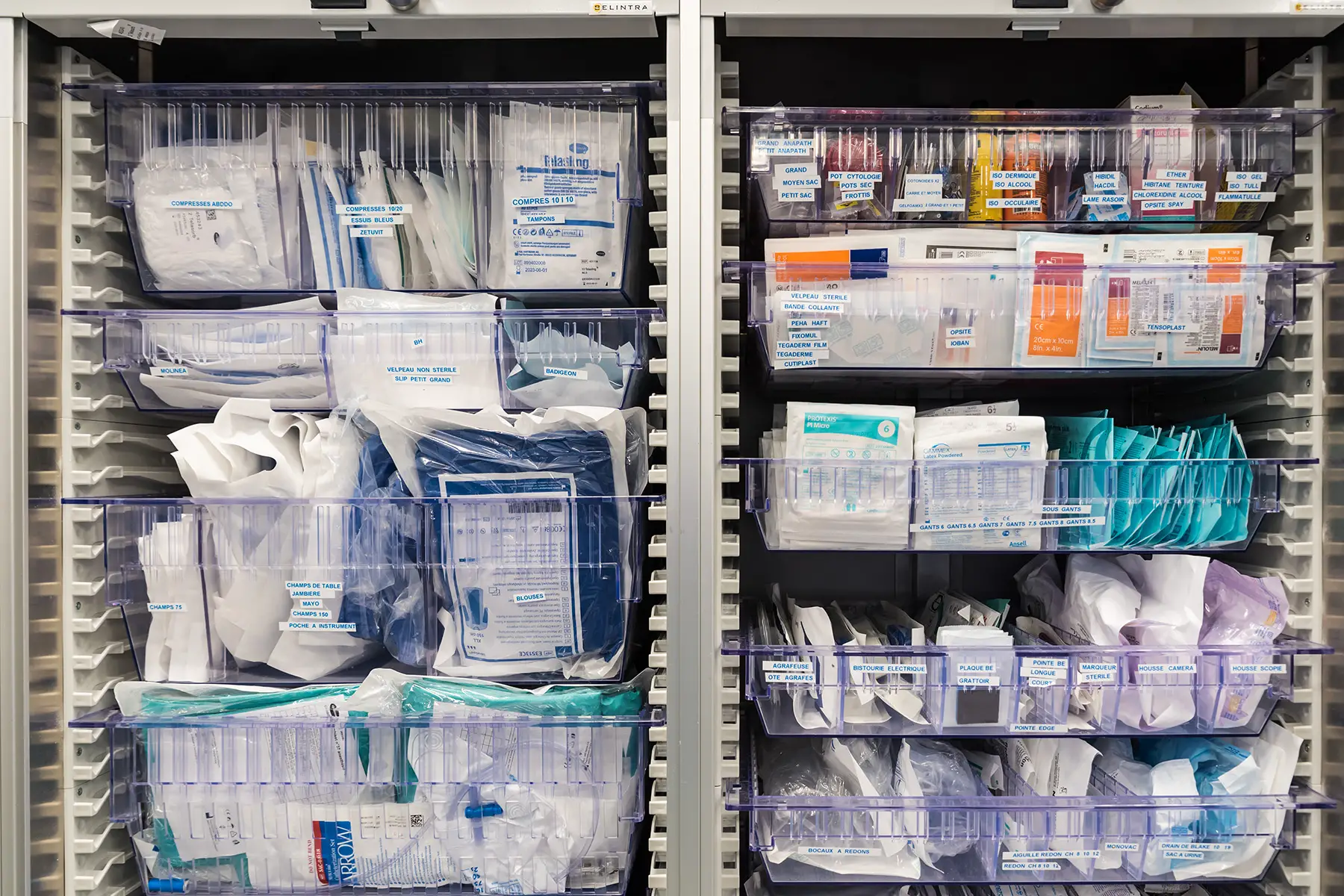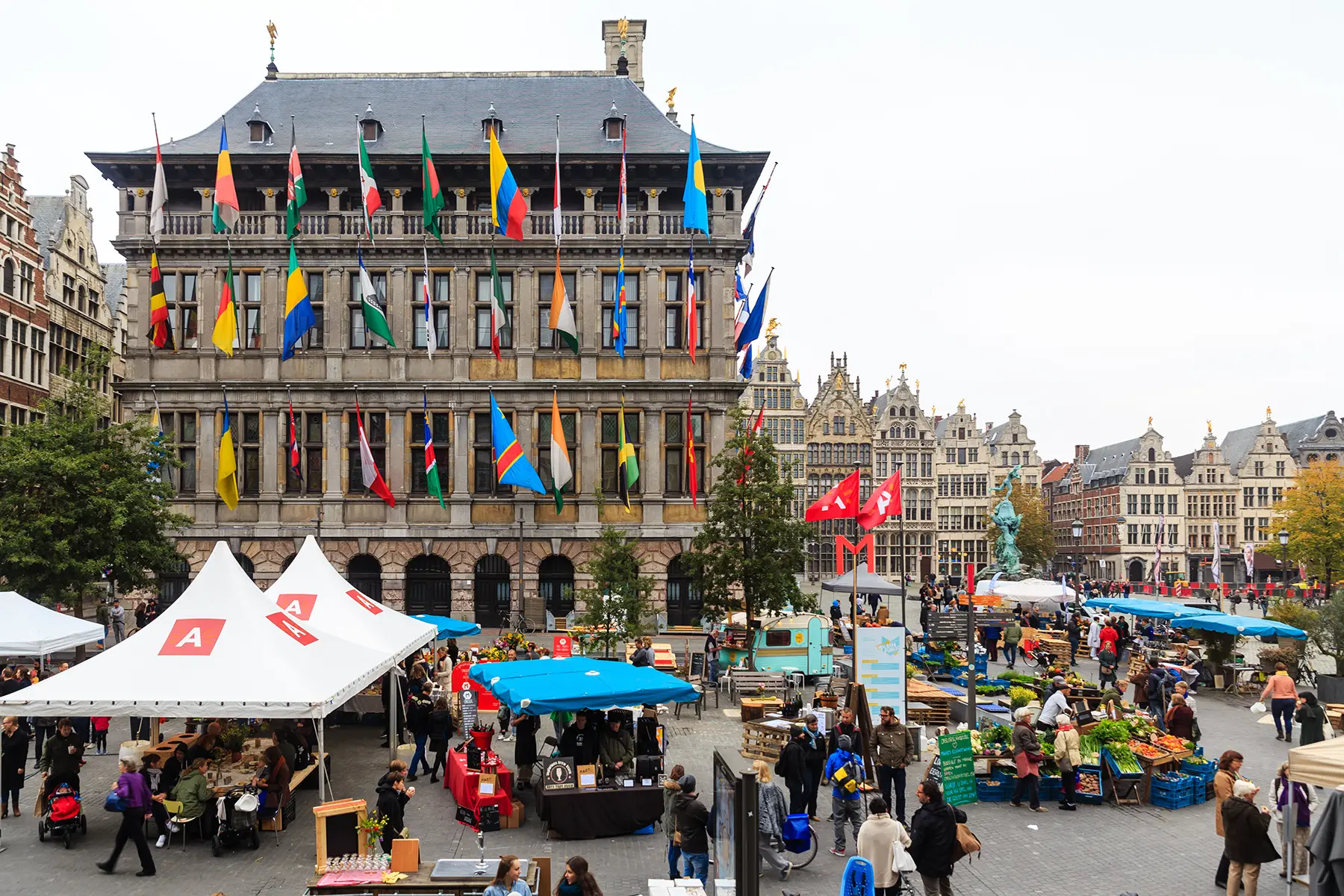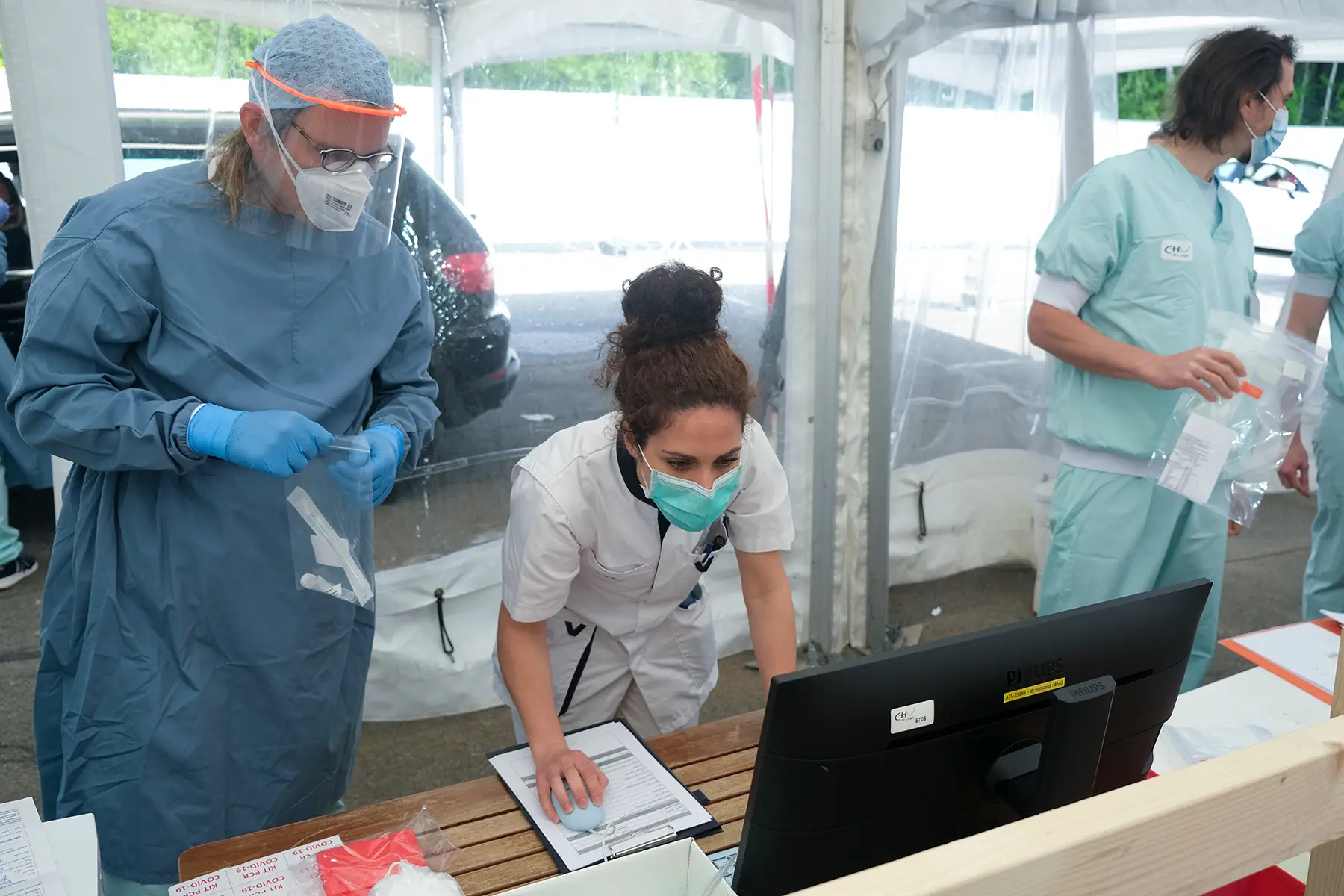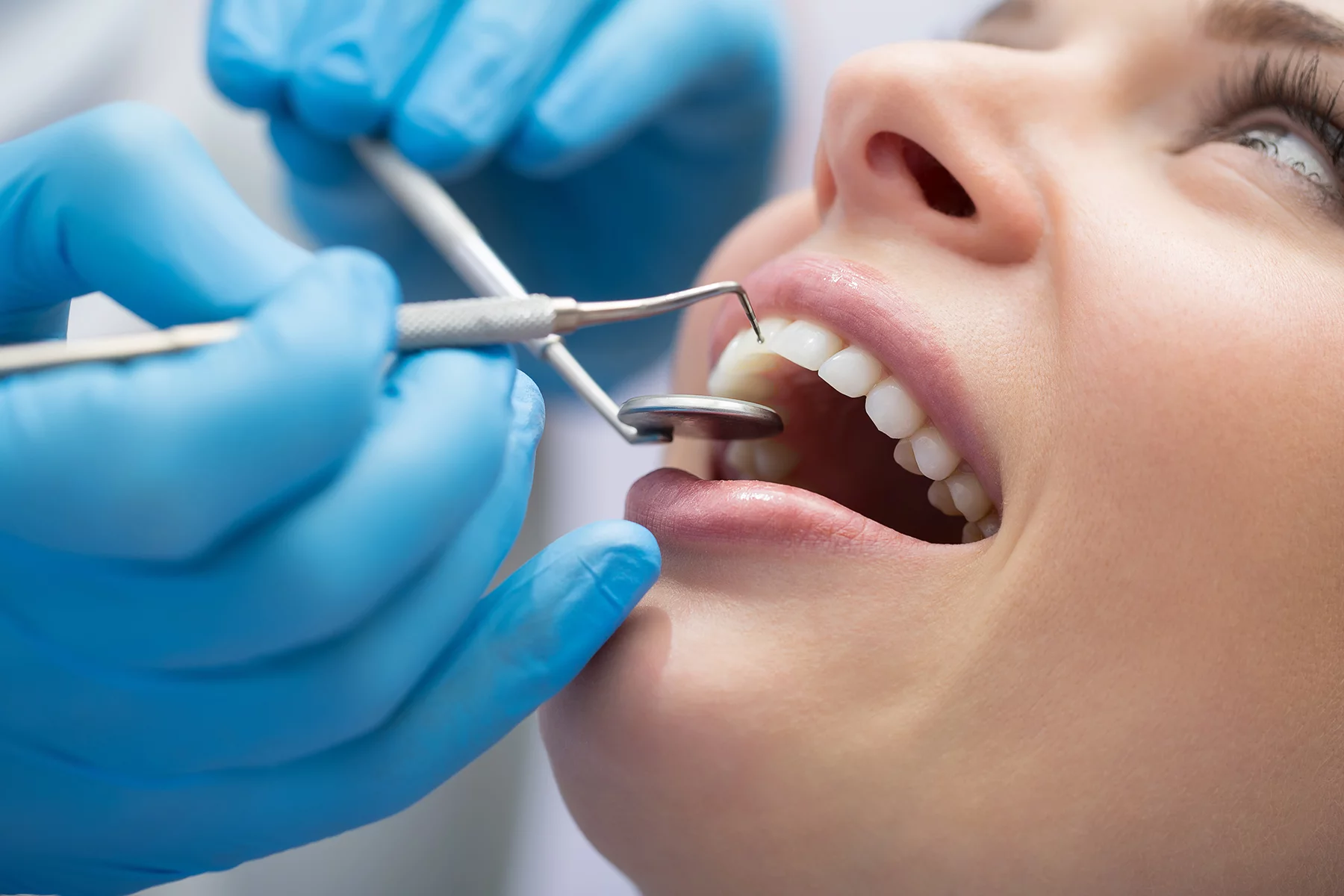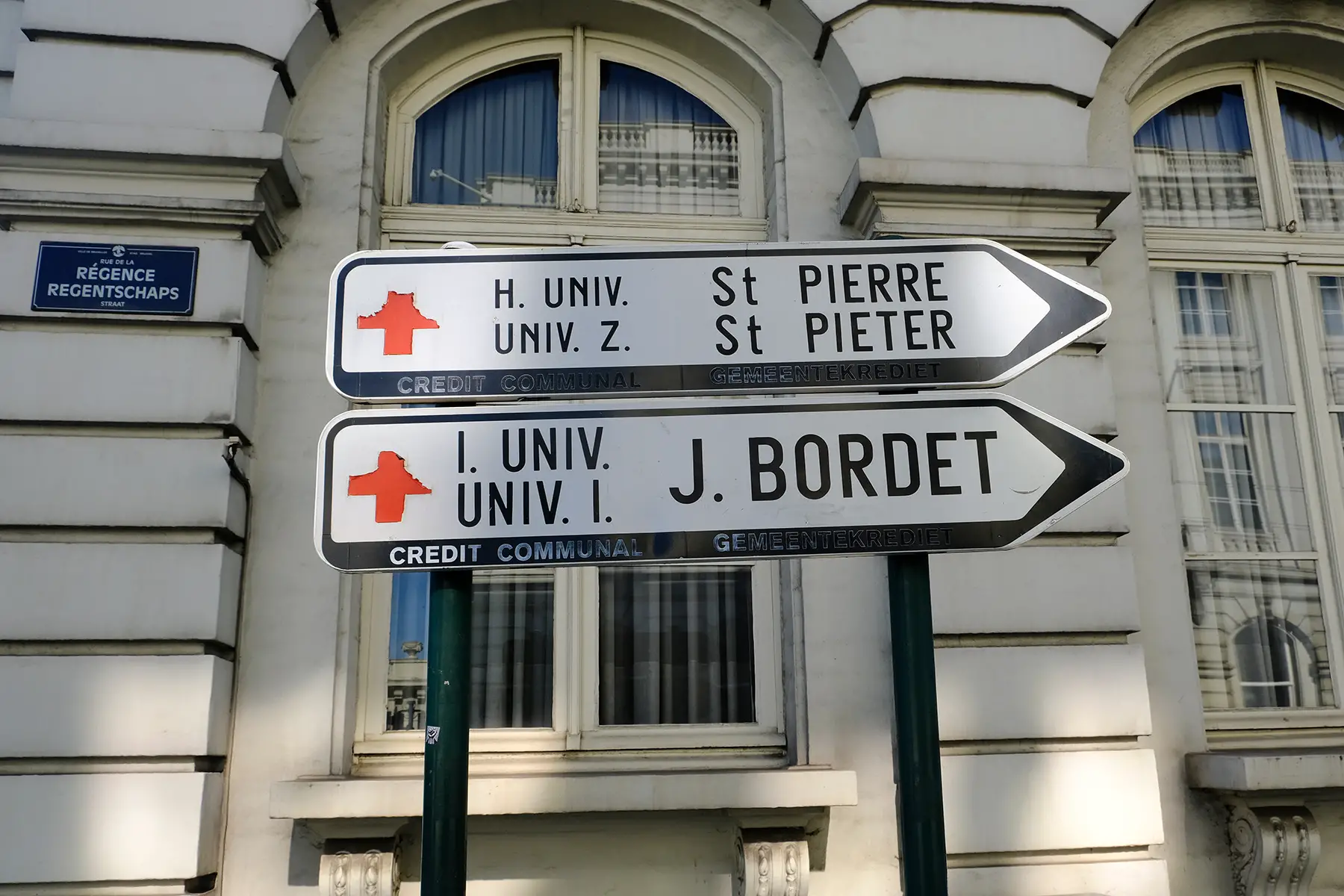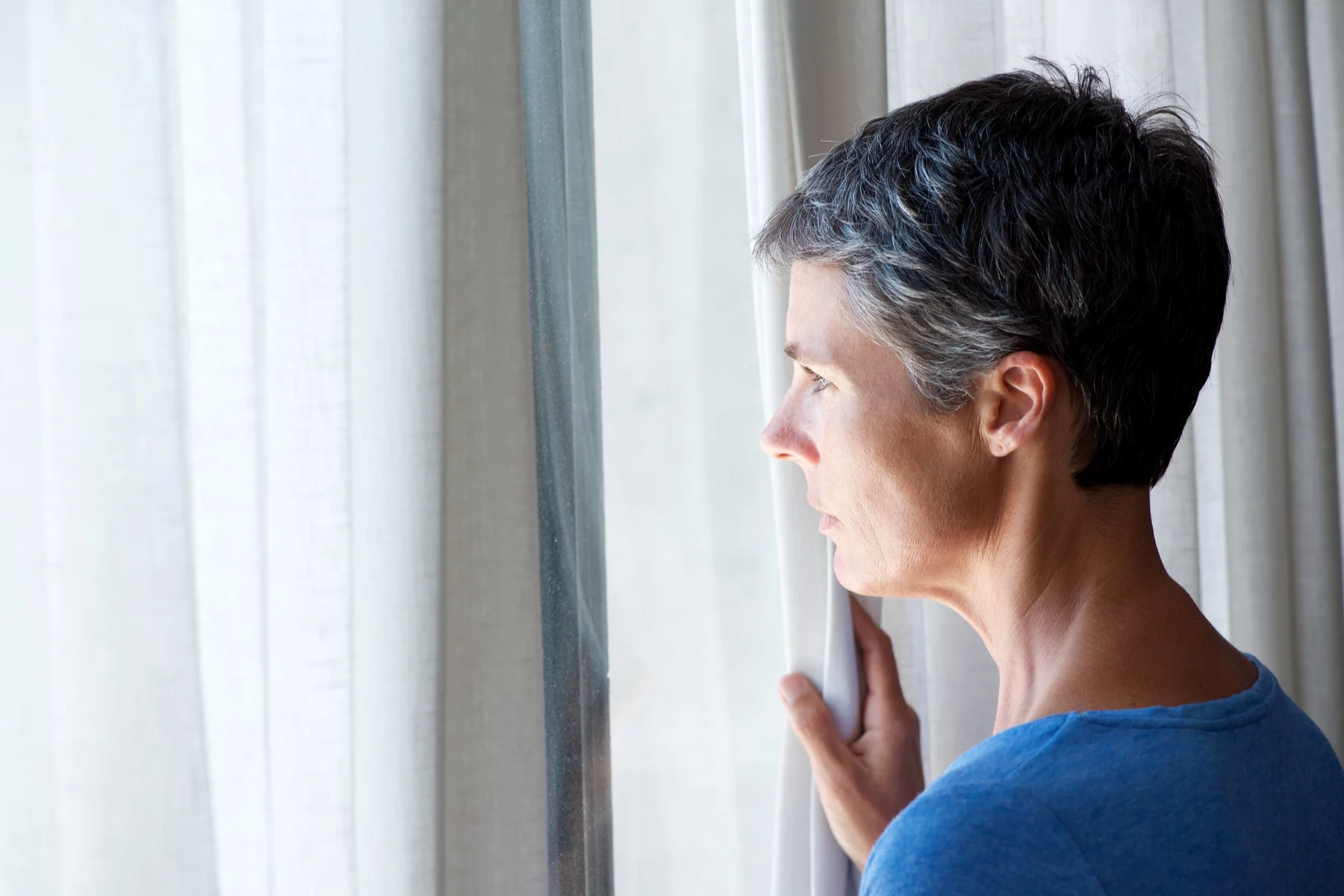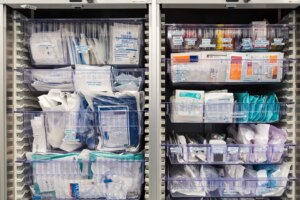Belgium’s healthcare system is known for its quality and accessibility. We’ll walk you through how Belgian healthcare works, from government regulations and insurance options to doctor appointments and where to find help when you need it.
Here’s what you need to know:
Cigna Global
Want access to the best private medical services in Belgium? Speak to the healthcare professionals at Cigna Global today and find a policy that’s right for you. Take advantage of their global network of doctors, specialists, therapists and more with coverage tailor-made for you and your family. If you’re starting a new life in Belgium, get peace of mind with Cigna Global.
How does healthcare work in Belgium?
Does Belgium have universal healthcare?
Belgium’s healthcare system (Dutch: gezondheidszorg, French: soins de santé) has a wide range of public and private healthcare providers. Together, they offer broad universal coverage to all residents.

The public system is accessible through mandatory health insurance from non-profit insurance funds (Dutch: ziekenfonds, French: mutuelle) or the Agency for Health and Disability Insurance (Dutch: Hulpkas voor Ziekte- en Invaliditeitsverzekering – HZIV, French: Caisse Auxiliaire d’Assurance Maladie-Invalidité – CAAMI).
It is also common for residents to take out additional private insurance to access other treatments (e.g., vision care and alternative medicine).
Is healthcare good in Belgium?
The Belgian healthcare system has an excellent reputation. The country ranked 5th in the 2018 Euro Health Consumer Index, noting that it has “perhaps the most generous healthcare system in Europe”.
More recently, the 2023 Legatum Prosperity Index ranked Belgium’s healthcare system as the second best in the world, with a score of 85.0/100. The index scored the country’s overall health a bit lower (place 18th) due to the prevalence of non-communicable diseases and substance abuse disorders.
Belgium also made just the top 10 on the 2024 World Index of Healthcare Innovation, achieving “good” on almost all factors. Ranking 10th out of 32, the country had to hand in points because of the high mortality rates during the COVID-19 pandemic.
However, according to the EC 2023 country health profile, only 1.0% of Belgium’s population has unmet medical needs, compared to the EU average of 2.2%. In that sense, it is a great healthcare system.
Who administers Belgian healthcare?
The national government – more specifically, the Federal Public Service for Health, Food Chain Safety, and Environment (Dutch: FOD Volksgezondheid, French: SPF Santé Publique) – regulates healthcare in Belgium. It sets the country’s health policy and strategy and establishes its long-term health objectives.
The National Institute for Health and Disability Insurance (Dutch: Rijksinstituut voor Ziekte- en Invaliditeitsverzekering – RIZIV, French: Institut National d’Assurance Maladie-Invalidité – INAMI) oversees the insurance funds. Meanwhile, private insurance is administered by the Financial Services and Markets Authority (FSMA – Dutch: Autoriteit voor Financiële Diensten en Markten, French: L’Autorité des services et marchés financiers).
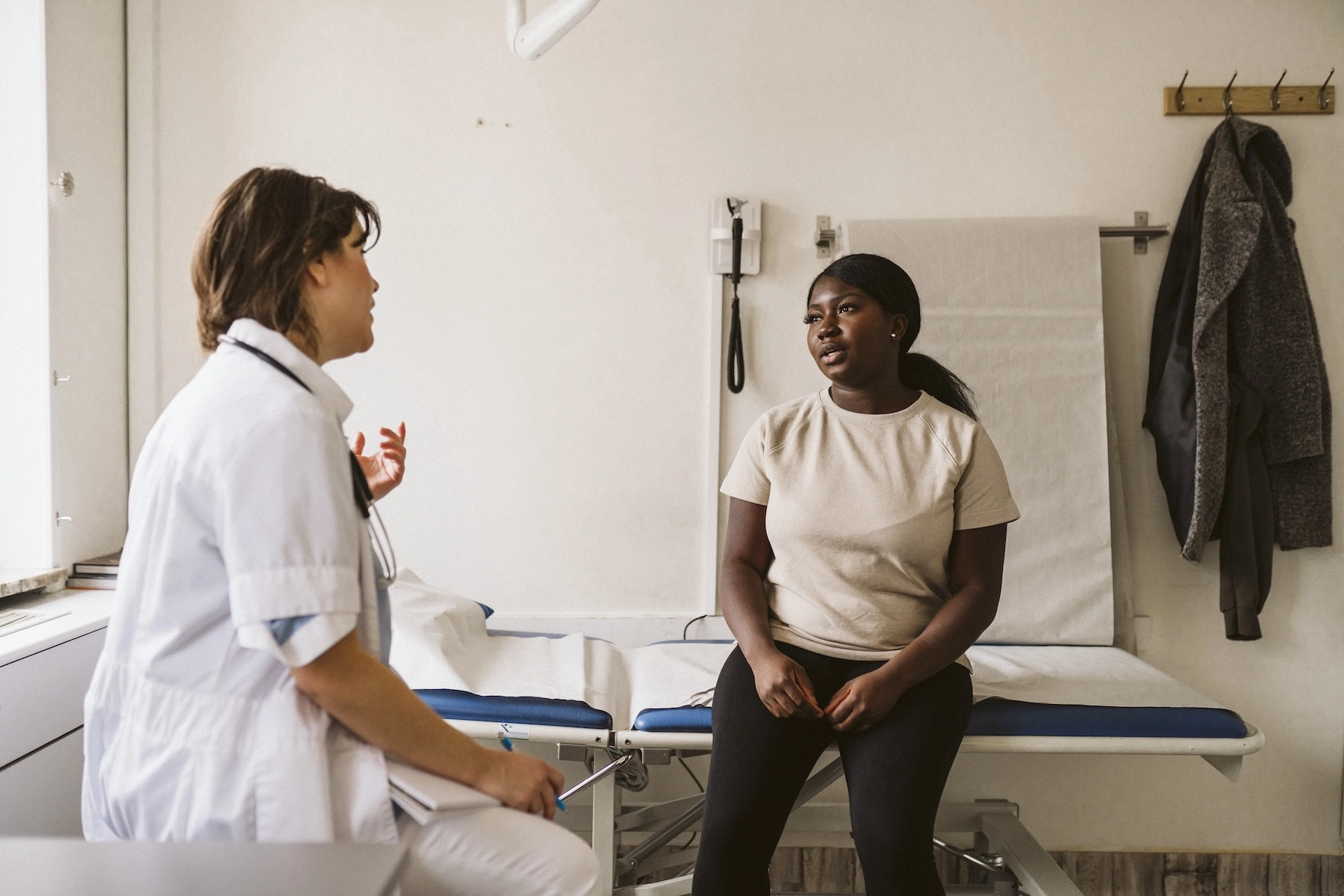
On a regional scale, Belgium’s communities (Flanders, Wallonia, and Brussels-Capital) manage the organization and delivery of health services in their area. They also handle hospital infrastructure, meaning they’re responsible for deciding where clinics and hospitals are actually built.
Finally, general practitioners (GPs – Dutch: huisarts, French: médecin généraliste) serve as the primary point of contact for most healthcare needs. They act as gatekeepers to specialist and hospital care, providing referrals when necessary.
Does Belgium have free universal healthcare?
Not really. While Belgium does have universal healthcare, it is certainly not free.
Instead, healthcare is funded by a combination of taxes, social security contributions, mandatory insurance fees, and copayments. Although treatments are heavily subsidized, Belgian patients typically pay 10–20% of the costs for doctors, hospitals, and clinics, and 15–50% of most prescription costs.
When you visit a private health service or seek non-state-funded treatment, you must either have private insurance to cover it or pay for it out of pocket.
Who can access healthcare in Belgium?
Like many countries, Belgium sees healthcare as a fundamental right. As such, everyone can access medical care to some degree or another, including asylum seekers, refugees, and undocumented immigrants.
However, for non-urgent medical help, you have to have health insurance – either public, private, or both. We’ll explain more about this below.
Can expats access public healthcare in Belgium?
Belgium requires all Belgian citizens and expat residents to register with a mutualité, including children and unemployed adults.

Our article about health insurance in Belgium covers the topic more extensively, but here’s a quick summary:
- Foreign workers must register with an insurance fund or the CAAMI/HZIV when they work for a Belgian employer. If you work for an international company, you’ll need to check if you contribute to social security. If yes, you must get Belgian health insurance. If no, you’re ineligible for public healthcare and will need to take out private insurance.
- Expat freelancers must register with a ziekenfonds or mutuelle.
- Job seekers with a valid residence permit must sign up with a mutualité.
- International students from the EU can use their EHIC card to access Belgian healthcare. Students from outside the EU must register for an insurance fund if they’re staying in Belgium for longer than three months.
- Foreign pensioners must also sign up with a mutualité if they’re planning to live in Belgium.
- Asylum seekers have access to urgent care without medical insurance.
- Refugees will also need to sign up with a mutualité once their status is recognised.
Healthcare when you first move to Belgium
During the first three months in Belgium, expats from the EU/EFTA (European Free Trade Association – Iceland, Liechtenstein, Norway, and Switzerland) and the UK can access healthcare with their European Health Insurance Card (EHIC) or Global Health Insurance Card (GHIC). If you don’t have one, you can also use an S1 form to bill any medical treatment costs to your home country.
Non-EU/EFTA nationals must take out international insurance when applying for a Schengen visa. If you’re planning to live in Belgium for longer than three months, you must register with an insurance fund.

It’s worth noting that most mutualités will delay coverage until six months after you sign up. This means that, although you do pay insurance fees, you’re responsible for any treatment costs. Or have private insurance to cover it for you.
Overview of private healthcare in Belgium
Public health funds often cover part of the costs for essential treatment. Patients must pay copayments (Dutch: remgeld, French: ticket modérateur), and other medical care, such as cosmetic treatment and certain dental procedures, is considered non-essential. In other words, it’s not covered by the public system.
On top of that, though Belgium has universal public healthcare, its health services are technically private, meaning they’re run independently. Doctors and hospitals follow regulated fees and reimbursement rules for public healthcare, but can charge more for non-conventional treatment or the use of private services (e.g., private hospital rooms).
Many Belgians will take out private insurance to cover these additional costs and bridge any out-of-pocket costs. For example, around 80% of the population has an additional hospitalization plan (2024).
Why get private healthcare coverage in Belgium?
There are multiple reasons why getting private health coverage is a good idea:
- If you want 100% coverage on all medical care, bridging the coverage gap that comes with public healthcare.
- If you want comprehensive coverage of dental, vision, and hearing care, or alternative medicine.
- If you want full access to more personalized healthcare, such as private hospital rooms and better maternity and breastfeeding support.
- If you are ineligible for public healthcare (e.g., during the first six months of your insurance fund policy).

Private healthcare providers in Belgium
There are many private health insurers in Belgium, and it’s worth shopping around to find the best deals. We highly advise foreigners and expats to take out global insurance during the first six months after their move.
Private international health insurers offering coverage in Belgium include:
If you need help deciding on a mutualité or medical insurance for your visa, it’s also worth reaching out to an insurance broker who can explain your options. Our article on health insurance in Belgium has more information.
How to register for healthcare in Belgium
Your first step – even before moving to Belgium – is to contact your country’s public healthcare authority. They will be able to advise you on your rights and, if you’re from the EU, can fill out the S1 form, should you need it.
After the big move, you’ll need to take a couple of steps to sign up for public healthcare:
You must first register your address with your local municipality. You will then receive a National Register Number (Dutch: rijksregisternummer – RRN, French: numéro de registre national – NNR), which is linked to your taxes.
Using the RRN/NRN, you can sign up for social security. Usually, your new employer will usually take care of this process. However, if you’re unemployed, you can register yourself by visiting the nearest social security office (Dutch: Openbaar Centrum voor Maatschappelijk Welzijn – OCMW, French: Centre public d’action sociale – CPAS). With that completed, you will receive a social security card, known as an ISI+ card.
Using this card, you can register for an insurance fund. Again, if you have a job, your employer will take care of this and sign you up with their collective fund. If you are unemployed, you can contact the mutualité directly.
While the above ensures you have access to the public system, you’ll need to do a couple more things before you have extra health coverage (not a lot, but still).
To sign up for additional coverage, you can reach out to your preferred insurer. They will be more than happy to walk you through the process. Beware of pushy salespeople, though! You might walk away with a completely different policy than you had planned.
Overview of primary healthcare in Belgium
Belgian healthcare professionals
Doctors and medical specialists
Family doctors or GPs provide the first line of defense in Belgian healthcare. They work either alone or in group practices. You are free to choose whichever doctor you prefer, but most people choose one close to home for practicality.
The primary care physician deals with routine medical issues, conducts “light” tests, and coordinates follow-up treatments. They also hold and maintain your medical records (GMD – Dutch: Globaal Medisch Dossier, French: Dossier Médical Global) and can refer you to other specialists and treatment centers.

Medical specialists work in hospitals. In Belgium, you don’t really need a referral to see a specialist, though you can get up to 25% more reimbursed if you are.
In 2021, the country had 3.3 doctors per 1,000 residents, well below the EU average of 4.1 doctors per 1,000 inhabitants. There were also an estimated 11.1 nurses per 1,000 people, which is around one-quarter above the EU average. Despite this, Belgium suffers from a persistent shortage of nurses, with more than 80% of hospitals having to close beds due to staff shortages (2022).
You can find a doctor near you using the Ordomedic website. This belongs to the disciplinatory body of doctors in Belgium (Dutch: Orde der Artsen, French: Ordre des médecins).
Belgian dentists
Public healthcare covers basic dental care, including yearly check-ups, cleanings, fillings, and tooth extractions. Children under 18 also get free fluoride treatments, sealants, and orthodontic consultations.
Root canals are often partially covered, and anything more complex falls outside the scope of the public system. To deal with these costs, around 20% of Belgians rely on private dental insurance.
In 2021, there were over 7,900 licensed dentists practicing in Belgium.
Belgian healthcare facilities
Health centers and clinics
GPs typically work from healthcare clinics (Dutch: huisartsenpraktijk, French: cabinet médical), which are located across every city and town in Belgium. Opening hours are generally from 08:00–17:30, Monday to Friday, with most closed on weekends and public holidays. If you need a doctor outside regular hours, you can contact the out-of-hours medical service (Dutch: wachtdienst, French: garde médicale), which connects you with an on-call GP in your area.
Although some health centers offer walk-in consultations, most require you to book an appointment beforehand. And while some GPs work solo, many practices have multiple doctors, so you might not always see the same person unless you specifically request it.

Consultations are covered in part, and you usually have to pay an upfront fee (typically €20–€30). Additional costs (like blood tests or scans) may also be partially reimbursed, depending on the treatment and the insurance fund.
If you can’t afford to see a GP, you can also visit a community health center (Dutch: wijkgezondheidscentrum, French: maison médicale). These are non-profit, multidisciplinary clinics where patients get free care (as long as they’re registered).
You can find a health clinic near you using online tools like Mediquality or the website of your mutualité.
Hospitals in Belgium
All Belgian hospitals (Dutch: ziekenhuis, French: hôpital) operate within the public system. If you are in a life-threatening situation, go to the nearest emergency room (Dutch: spoedeisende hulp, French: urgences). You can also call 112, which is the free pan-European number for any type of emergency.
In 2023, Belgium had 103 hospitals, with patient admission rates being over 28% higher than the EU average.
Public insurance covers a large share of hospital care – but not everything. The costs covered depend on the type of stay, your room choice, and whether your doctor follows the official fee agreements (they can charge up to 200% more!). Patients can typically expect to pay 10–20% of the costs, but if you’re opting for a private room, you’ll pay even more. Again, many Belgians rely on private hospitalization insurance to cover these costs.
For more on hospital stays and potential fees, check out our article on hospitals in Belgium.
Pharmacies in Belgium
There are almost 5,800 pharmacies (Dutch: apotheek, French: pharmacie) in Belgium, so you probably don’t have to look too far to find one. Pharmacies are typically located in or near health centers, hospitals, malls, and shopping centers. You can recognize them by their signs; most have outside symbols like a mortar, a green cross, or the Staff of Asclepius.

Opening hours are usually from 08:30 or 09:00–18:30 or 19:00, Monday to Friday, often with a midday break in between. Many pharmacies are also open on Saturday mornings, from 09:00–13:00. On Sundays, they are closed.
If you need urgent help outside regular hours, Belgium has a rotating system of on-call pharmacies (Dutch: apotheek van wacht, French: pharmacie de garde). You can find one in your area using the “find a pharmacy” feature on apotheek in Flanders and pharmacie in Wallonia.
When you pick up prescription medication, you may have to pay a small fee, depending on the medication’s category:
- Category A: Vital medicines (e.g., for cancer, diabetes) are 100% covered – you pay nothing
- Category B: Therapeutically essential medicines are 75–85% covered – you pay 15–25%
- Category C: Symptomatic treatments are 50% covered – you pay the other half
- Category Cx: Contraceptives are 20% covered – you pay 80%
- Category D: Non-reimbursable medications (e.g., certain sleeping pills) are 0% covered – you pay everything

Local expert
Business & Expats Health Insurance
Insider tip
Pharmacies will ask you for your Belgian ID card, residence card, or ISI+ card, so they know where to send the rest of the bill. If you don’t have one of these, you’ll have to pay the medication cost in full. Make sure to ask for the Annex 30 form, this allows you to get a refund from your mutualité.
Specialized healthcare in Belgium
Mental healthcare
Patients struggling with addiction or mental health issues can seek help through community mental health centers (Dutch: Centrum voor Geestelijke Gezondheidszorg – CGG, French: Centre de Santé Mentale – CSM). These facilities often have multi-disciplinary teams that include psychologists, psychiatrists, social workers, nurses, and other mental health professionals. For more serious conditions, you may be referred to a psychiatric hospital or residential care facility.
If you can’t afford to visit a CGG/CSM, you can also get counseling at Centrum Algemeen Welzijnswerk (CAW) in Flanders and Brussels, and Services de Santé Mentale (SSM) and Centres de Planning Familial (CPFC) in Wallonia.

Mental health services are generally more available in larger cities in Belgium, but waiting times can be long, especially for psychological care and child services. Public health funds partially cover mental healthcare, though private therapists may charge higher fees that are not covered.
Children’s healthcare in Belgium
Children have access to free healthcare in Belgium, including childhood vaccinations and dental care (excluding orthodontics). They are covered by the insurance fund through their parent(s) or guardian(s). Once they turn 18, they’ll need to get their own insurance plan.
You can register your child with the same family doctor as yourself. These offer pediatric care as well, or refer you to specialist pediatricians if necessary.
Both Flanders and Wallonia have child welfare agencies – Kind en Gezin and ONE – that can help you find the best available children’s healthcare services, including mental health services or specialist care for those living with serious illnesses or disabilities.
Women’s healthcare in Belgium
Public healthcare only covers essential healthcare for women. For example, diagnostic services related to pregnancy, HIV testing, and cancer screenings are free of charge. Other women’s healthcare, such as birth control and gynecological visits, requires either out-of-pocket payment or private insurance coverage.

The right to an abortion has been legal in Belgium since 1990, allowing women to voluntarily terminate a pregnancy in the first 12 weeks. However, you should know that there is also a mandatory reflection period of 6 days between the first consultation and the start of the procedure. Some political parties have called to raise the abortion deadline from 12 to 18 weeks.
In 2024, EuroNews reported that hundreds of women travel to the Netherlands each year to have a later-stage termination. The neighboring country allows abortion up until the 24th week.
For more information, read our detailed articles on women’s healthcare, having a baby, and sexual and reproductive health in Belgium.
Alternative medicine in Belgium
Alternative and complementary healthcare services (Dutch: alternatieve geneeswijzen, French: médecines douces) are quite popular in Belgium. In Flanders, common forms of holistic treatments are chiropractic care and osteopathy, while people in Wallonia lean more toward herbal medicine and homeopathy.
Depending on your location and desired treatments, you can access services at specialized health clinics, wellness centers, pharmacies, or health food stores.

Health coverage is rare unless you have a private policy that includes alternative treatments. Be sure to check what’s covered by your insurance plan before scheduling an appointment.
Practical medical phrases in Dutch and French
Some useful Dutch and French phrases and vocabulary to learn are:
| English | Dutch | French |
| Help! | Help! | Au secours! |
| Call an ambulance! | Bel de ambulance! | Appelez une ambulance! |
| I’ve had an accident | Ik heb een ongeluk gehad | J’ai eu un accident |
| I feel like I’m dying | Ik voel me alsof ik dood ga | Je sens que je suis en train de mourir |
| doctor’s office | dokterskamer | cabinet médical |
| pain | pijn | douleur |
| headache | hoofdpijn | mal à la tête |
| stomach ache | maagpijn | mal au ventre |
| fever | koorts | fièvre |
| cough | hoest | toux |
| food poisoning | voedselvergiftiging | intoxication alimentaire |
| heart attack | hartaanval | crise cardiaque |
| prescription | voorschrift | ordonnance |
| vaccine | vaccinatie | vaccin |
| x-ray | röntgenfoto | radio (graphie) |
| CT scan | CT scan | tomodensitométrie (TDM) |
Useful resources
- Health, Food Chain Safety, and Environment – official government website for the ministry responsible for Belgian healthcare
- Ordomedic – official website of the disciplinary body of doctors in Belgium
- MyHealth – government e-portal with healthcare information and your medical records
